So many are in a race. An academic race for their child, their school, or their state to win scholarly awards. Often people think this means to start children’s studies early on – and they are right – sort of. However, here’s the thing – most students reach similar levels at similar ages despite when they start. It’s kinda like the car that passes you then ends up at the same stop light! Some kids race through certain subjects, only to get stuck on different subject roads. Some kids need fast and intense early intervention to reach developmental milestones, while other kids need less pressure and a slower pace to build confidence. Each student learns on different time tables and needs learning styles to thrive, but it’s hard to individualize classrooms with many children.
I’m not going to spend time debating classroom size today (although Adventure Academy’s low ratio’s are a benefit to our program). I’m not going to debate America’s need for both parents to work, while kids are dropped off at daycare centers (although Adventure Academy’s center/home mix makes a comfortable transition for families). I’m not going to debate the fact that countries like Finland are winning the race, while starting students at older ages (although Adventure Academy’s multi-age approach encourages without pushing beyond age/abilities). I will debate, however that education can be fun. That if you have to start early and feel the need to race – enjoy the race as a fun sport, not in competition to beat out peers.
EVERYONE has areas of strengths they can beat others in and EVERYONE has areas of struggle that they need assistance in. Areas of struggle can be academic, mental, physical, medical… Instead of focusing on the hardships, ask who can they partner with to encourage those areas while fostering their strengths, and let them use their areas of strength to encourage others struggles. Instead of an individual race “to the top” – focus on teamwork. Turn your class into a team and play games to learn new skills. From the core subjects of reading, writing and math – to the extras of social studies, sciences, art, music, sports, etc … actually use those extras to teach the core subjects. Use what they are interest in to learn the 3R’s.
Right now our classroom is interested in fall studies. We’re learning about the changing of the season, the changing and falling of leaves, the falling of apples, the harvest of fruits and veggies, the work of a farmer, the animals on a farm, wild animals preparing for winter… We’re using our fall studies to work on our core subjects while diving deeper into the fall lessons using various theme based curriculums. One curriculum we’re enjoying is a farm theme from Mother Goose Time. The convenient thing about MGT is that you can use their theme studies in whatever order you want – even whatever month you want since the calendars, etc are not pre dated. Each lesson is pre packaged per day for ease of use – but it’s also easy to use days out of order or pieces from each day’s lesson.
This week we transitioned from pets in our home (after finishing our family studies) and talked about how cats and dogs can be pets or farm animals, then discussed which animals can only really live on a farm… as a cow in our home is not easy to manage! We talked about how to manage animals and care for them and what they need for food (and how wild animals don’t need our help for food). We talked about how each farm animal is used on the farm and how each animal is special and unique – just like us! Cows are great at providing us with milk and meat – but would be horrible at laying eggs according to the students! “Everybody is a genius, but if you judge a fish by its ability to climb a tree, it will live it’s whole life believing that it is stupid (according to Einstein).”
No one is “stupid.” Everyone has things areas of struggle and area’s of strength and if we focus on the strengths we can build up areas of struggle. If we focus on what a child is interested in, curious about, and what they enjoy doing we can teach them any subject. Many children find math to be intimidating, but love playing games. Since many games have a math focus use games and don’t call it math homework, call it Monopoly time, or whatever game they enjoy. Many kids have labeled reasons they find math, reading and writing to be difficult. Dyscalculia, dyslexia and dysgraphia are real obstacles, but they don’t prevent one from learning such skills. I was told years ago my son would never read, but today he reads. Every day he has to work on such areas, but he reads!
Sensory activities are a great way to teach basic skills through hands on fun. Playing with number or letter games teaches many skills, so does playing with rocks and corn and hay and grain … We’ve been using our “Fall on the Farm” unit to explore the farm world with our senses. Cooking with fresh farm products teaches many skills from reading to math to sciences … We can also simply count out found materials, or use them to create patterns, or measure and weigh objects, or write words with found objects. Write the letter of the week in a tin of flour, build your spelling list from words found in a book about farming, visit a farm and feed and pet the animals then write about the field trip… There are so many ways to learn without a text book and paper.
There are so many ways to teach a group with diverse needs and diverse ages … while little ones mimic the sounds of the animals and middle ones identify a picture of the animal with the matching word, bigger ones can research and teach them about their favorite farm animal. Next week we’ll continue learning about “Fall on the Farm.” Our fall sessions are full at this time, but we’ll have more fun units starting this winter if you know a child near Kingsley, Michigan who’d like to join in our learning adventures. Adventure Academy is one of Mi Families (“my families”) programs. Mi Families facilitates programs for families and those who work with families across Michigan and across social media. Find us online for more info and subscribe above for more articles! Thanks for reading this one

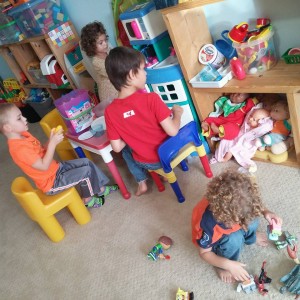
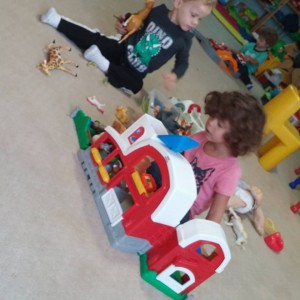
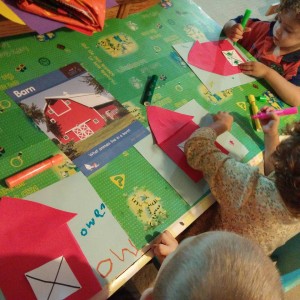
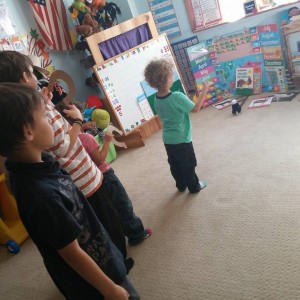
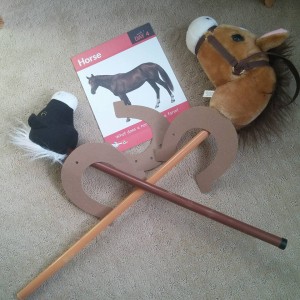
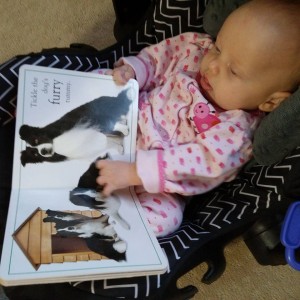
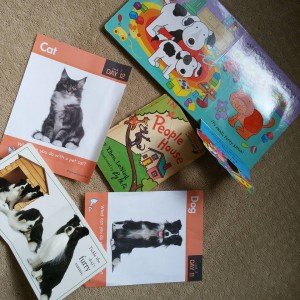
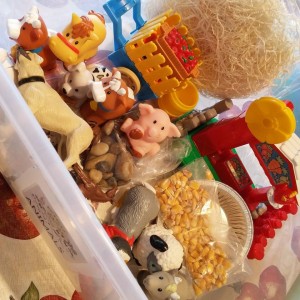
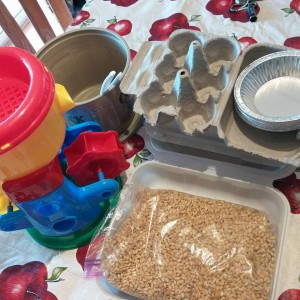
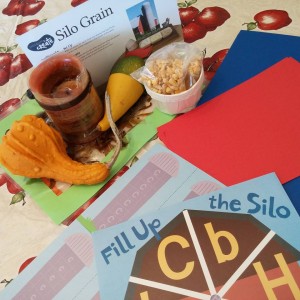
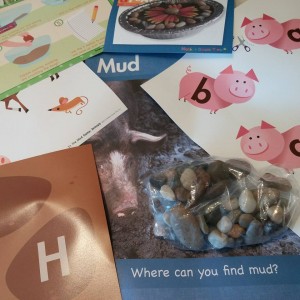
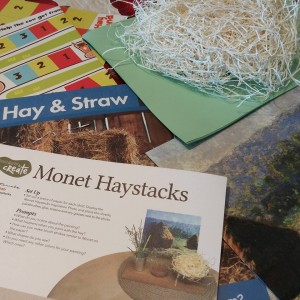
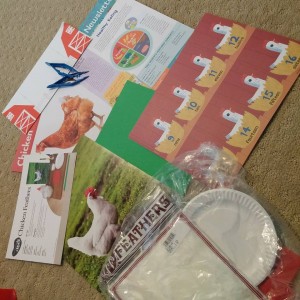
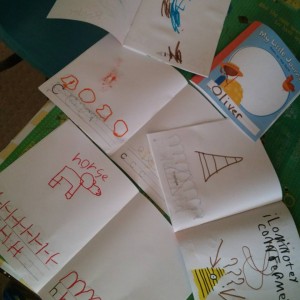
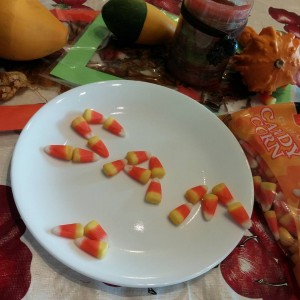
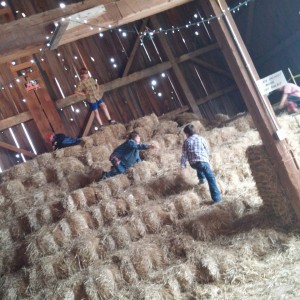
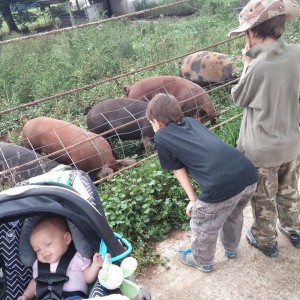
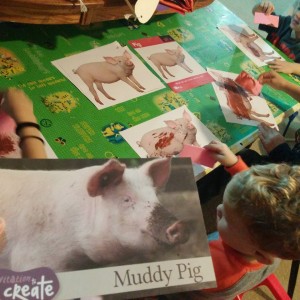
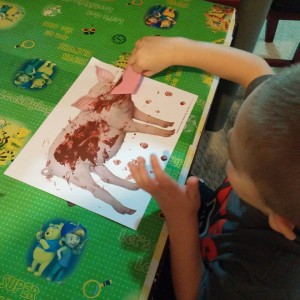
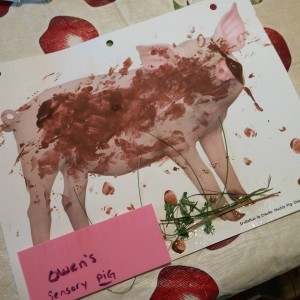

Leave a Reply